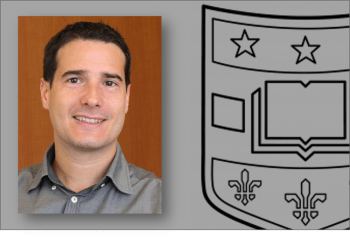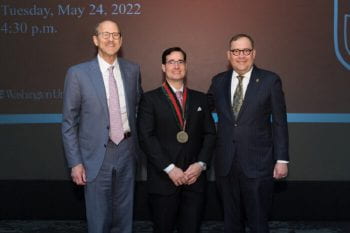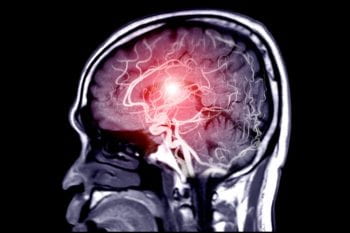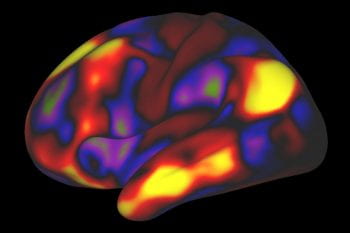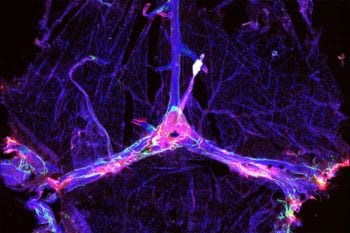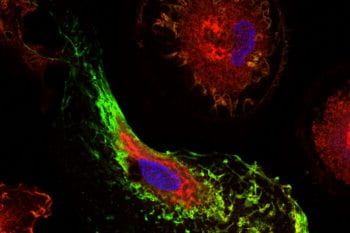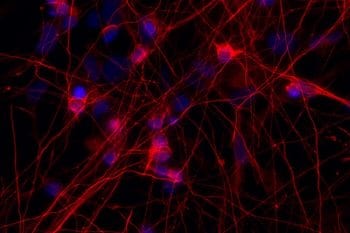Researchers at Washington University School of Medicine in St. Louis have been awarded $7.5 million from the National Institutes of Health (NIH) to investigate a form of dementia caused by cerebral small vessel disease, the second-leading cause of dementia after Alzheimer’s disease. The grant funds the Vascular Contributions to Cognitive Impairment and Dementia (VCID) Center, […]
NIH grant funds study of cerebral small vessel disease




